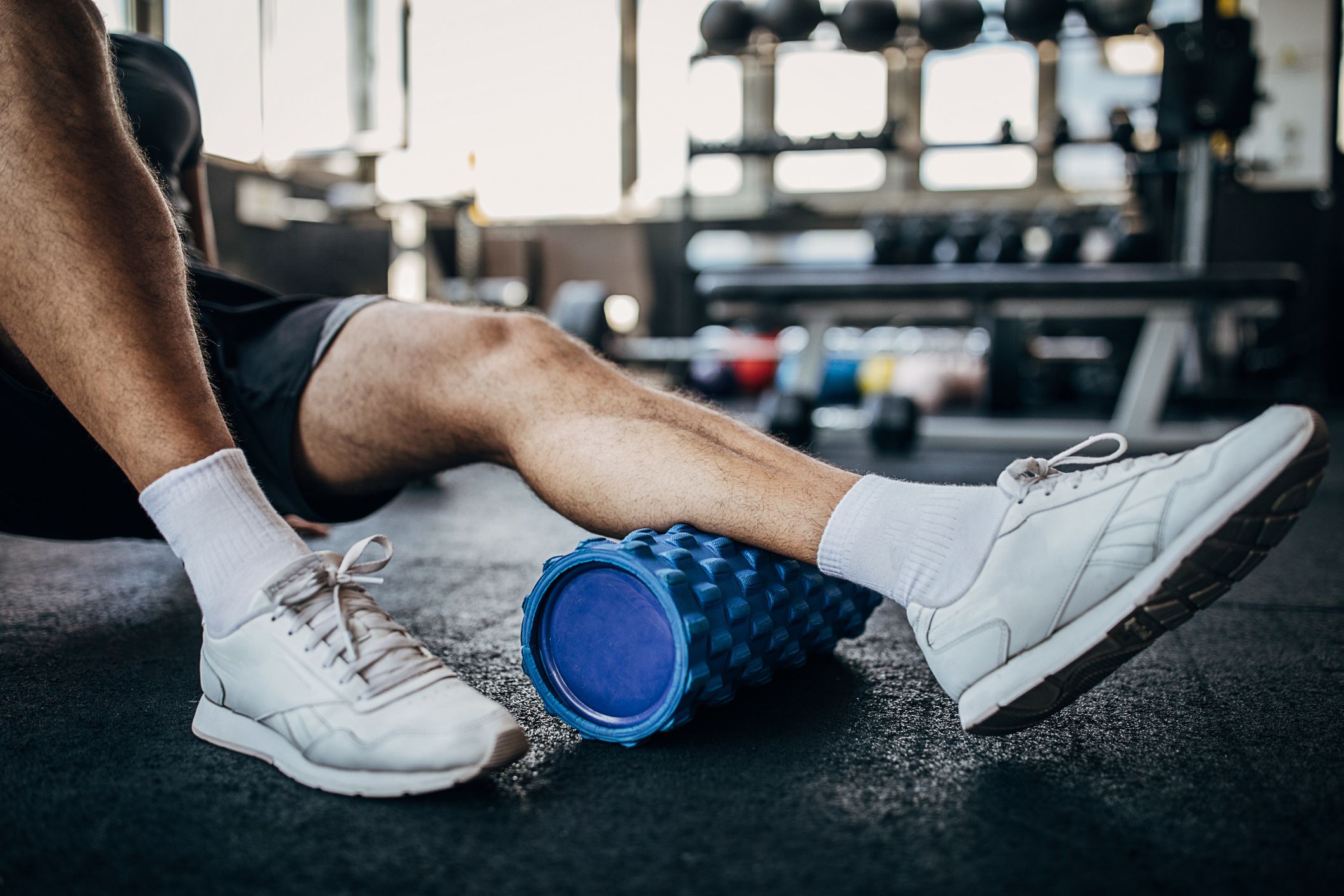What Speeds Up Muscle Recovery After a Workout? Here Are 4 Tips

What Speeds Up Muscle Recovery After a Workout? Here Are 4 Tips

Sara Haley Pre- and Postnatal Fitness Expert and Member, Fitness Advisory Board
Are you having a day when you feel sore all over? Whether you are a runner, weekend warrior, or athlete in training, recovery after exercise is an important part of any workout routine. In fact, post-exercise recovery is essential for strengthening and repairing your muscles.
A good post-workout recovery routine will not only help prevent future injuries, but it will also have a big impact on your fitness goals, allowing you to get back on track and train much more efficiently.

How to Relieve Sore Muscles and Recover Faster
Instead of dealing with fatigue and muscle pain, there are many ways to help your body feel better and recover faster.
Here are my top muscle recovery tips to incorporate into your regular workout routine:
1. Don’t forget to stretch after your workout.
Dynamic stretches and yoga are great for muscle recovery. Stretching helps your muscles relax more, which can ultimately assist in injury prevention. If your muscles are locked up all the time, there is little room for improvement or recovery.
By increasing your flexibility, you increase your mobility, which keeps the body more functional and therefore moves with more ease. One study found that both static and dynamic stretching are effective when it comes to increasing your range of motion.
Foam rolling is a great technique that can relieve muscle tension, which then aids recovery while also increasing mobility. Simply use a foam roller and massage sore spots.
Examples of moves include snow angels, quad stretching, calf stretching, and IT band stretching. We recommend 30 to 60 seconds per move.
2. Always set aside time to rest your body.
For those who are daily gym-goers or competitive athletes, this is easier said than done. While we push our bodies to become faster and stronger, we need to remind ourselves that rest is part of the process.
What’s more, research related to overtraining syndrome (OTS) shows that inadequate rest can lead to negative consequences, such as poor sleep, disrupted moods, and decreased immune function. And when it comes to weight training, in particular, you should give your muscles time to recover. It is recommended to rest one full day between exercising each specific muscle group.
It’s important to take a day off from working out at least once a week, doing a less intense workout the day after a more intense one, and getting plenty of sleep.
3. Make sure to fuel up.
A combination of nutrients is key to speeding up muscle recovery.
Hydration is your first priority. Whether that’s water, tea or shakes, get those fluids in and hydrate before, during, and after a training session. Dehydration can cause fatigue, headaches, constipation, and dizziness.

After your workout, make sure to consume protein because it helps repair and rebuild muscle tissues. Protein can also temporarily increase metabolism post-workout by restoring glycogen and reducing cortisol, which naturally rises during a workout.
Don’t skip carbohydrates as they are needed to refuel between workouts and help maintain blood sugar levels – this is more important when you’re doing multiple workouts in a day.
4. Consider post-workout recovery supplements.
Good nutrition and a well-planned workout regimen go hand in hand. You’ll want to make sure you invest in high-quality nutrition and workout supplements to achieve optimal performance before, during, and after a workout.
Aside from your daily multivitamin, try consuming a supplement like Omega-3 Fish Oil, which can reduce muscle soreness and recovery time. Probiotics can also decrease muscle soreness and improve recovery time by enhancing gut function, as poor gut health can slow the repair of muscle.
Finally, consider a post-workout supplement like Herbalife24 Restore, which helps combat exercise-induced muscle inflammation*.
* This statement has not been evaluated by the Food and Drug Administration. This product is not intended to diagnose, treat, cure or prevent any disease.
Sara Haley Pre- and Postnatal Fitness Expert and Member, Fitness Advisory Board
Sara Haley is a member of the Herbalife Nutrition Fitness Advisory Board. She is one of the most sought after pre- and postnatal exercise specialists and a content creator for many global brands. Sara is a mother of four and lives in Santa Monica, California.
